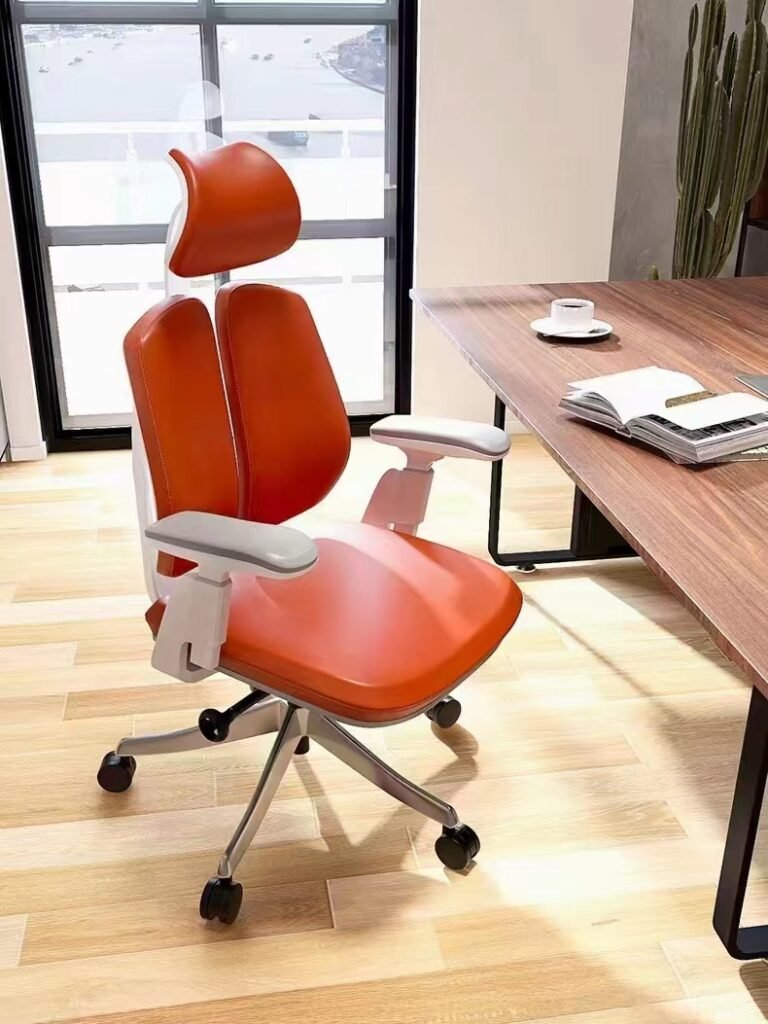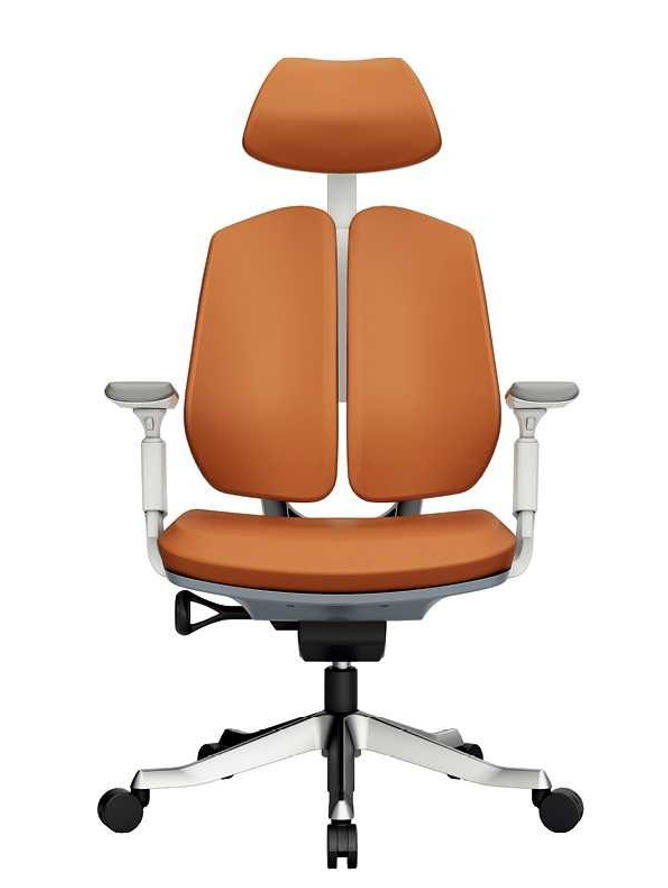This year has seen companies adapt to remote working due to the Covid-19 pandemic
and now it seems that many of them are seeing the benefits. So much so, many
organisations have changed their minds over who should shoulder the costs for home
office setups for employees.
According to the findings of a new report -The Future of Home Office Cost Sharing from
Global Workplace Analytics and Design Public Group – 82% of US-based employers now
believe that companies should take on the costs of home offices for those who are
working from home full time.
This could mean that attitudes are changing across businesses as a whole and may lead
to large changes in how companies provide furniture, technology and other equipment.
It could also result in changing budgets, along with added benefits that could allow
organisations to better attract and retain talent.
But it isn’t just full-time home workers who could benefit from changing attitudes, as
61 % of employers believe that organisations should be responsible for the costs when
someone is working from home just three days a Week. Just under a quarter (23%) say
that the costs should also be covered for those employees working remotely only one
day a Week.
Most organisations have already provided employees working remotely with the
relevant technology, such as a laptop (92%), webcam (68%) and a second monitor (54%)
to enable them to work well from home. However, many are now considering
employees’ needs when it comes to furniture with 41% considering providing chairs and
31 % considering desks.
While this is good news in the short-term due to the uncertainty around Covid-19 and
returning to the workplace, it will likely also have an impact in the long run, especially as
only 5% of companies are expecting their workplace to return to normal after the
pandemic. A huge 95% are anticipating remote working to continue even after people
can return to the workplace.
In fact, almost half of businesses have already announced that home working will be
more permanent post-Covid. A quarter (25%) are currently expecting that at least 75% of
their employees will carry on working from home at least three days a week once the
pandemic is over.
Kate Lister, president of Global Workplace Analytics, said: Before Covid, employees who
work from home generally saw it as a privilege and didn’t expect their employer to cover
their home office expenses. The survey shows that sentiment has shifted during the
pandemic.
“I think three factors are at play here. First, working from home is no longer a matter of
choice, Second, it’s one thing to sit in an uncomfortable chair or work with just one
monitor when you are used to having two when you’re doing it one of two days a week,
it’s another thing altogether when you’re doing it every day for months on end.
“Finally, the demographics of who’s working from home have shifted from mostly high
income older workers before Covid-19, to the full range of income classes during it and
those with lower incomes simply can’t afford ergonomic or upgraded technology
solutions.”
In order to adapt to changing working habits and remain competitive when it comes to
attracting and keeping the right talent, organisations should consider how they will
support those who work from home going forward. As well as good levels of support
and agile working policies, companies should also look at the benefits of providing the
right equipment – which means
In order to adapt to changing working habits and remain competitive when it comes to
attracting and keeping the right talent, organisations should consider how they will
support those who work from home going forward. As well as good levels of support
and agile working policies, companies should also look at the benefits of providing the
right equipment – which means home office furniture as well as technology.
as well as technology.
Businesses still have a duty when it comes to the health, wellbeing and safety of their
employees, whether they are in the office or working elsewhere. This means ensuring
they have suitable office chairs and desks to allow them to do their jobs without the risk
of long- term health complaints. Providing office furniture as standard can allow them to
do this.
If your business is considering providing your employees with furniture for their home
offices in anticipation of long-term remote working, talk to us today. about how we can
make this easier.


